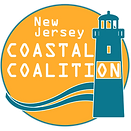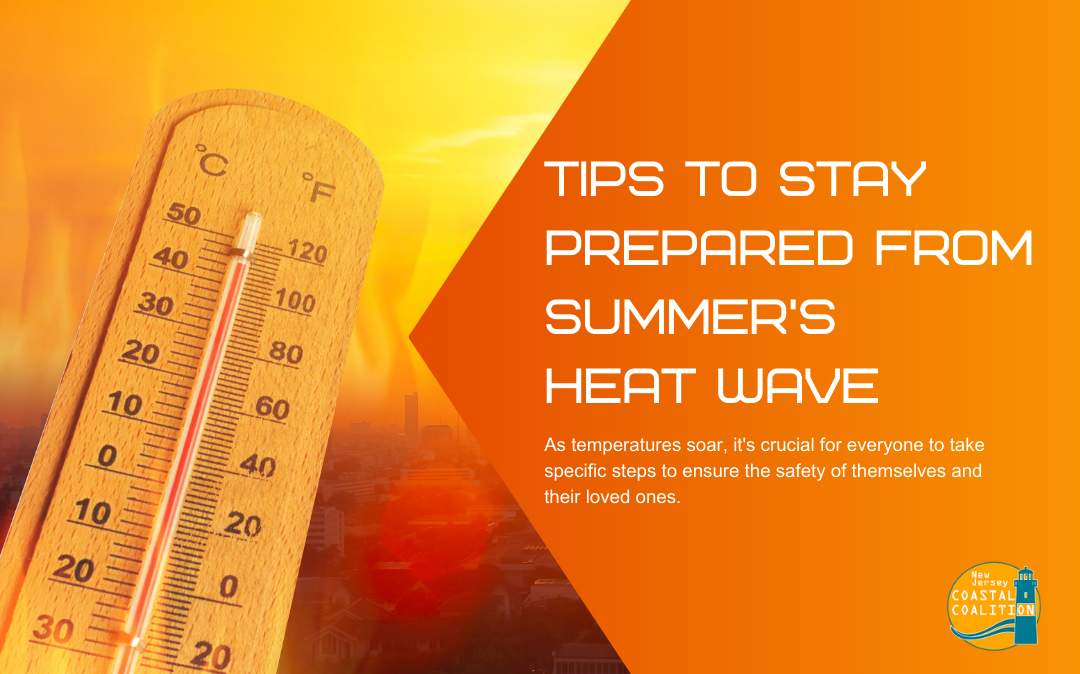What is a heat wave?
The simple answer is that a heat wave describes a period of abnormally hot weather lasting two or more days. A heat wave is relative to the area that it occurs in and the average temperatures there. Temperatures must be outside the historical average for a given area during the same time of the year.
For example, a few 95 degrees in Maine would definitely be considered a heat wave, but nobody would bat an eye if the same happened in Death Valley. Heat waves can occur with or without humidity, it all depends on the temperature.
What causes heat waves?
Heat waves are generally the result of trapped air. Sometimes, air stays stagnant above a certain area and begins to heat up as opposed to cycling around the globe. High-pressure systems force air downward and prevent air near the ground from rising. The higher air sinks and acts like a cap, trapping warm ground air in place. Without rising air, there is no rain and nothing prevents the air from getting hotter.
Heat Waves in NJ
In New Jersey, a period of three or more days with temperatures of more than 90 degrees is considered a heat wave. According to the National Weather Service, the Newark area gets an average of only one 100-degree day each year while places like Trenton and Atlantic City hit triple digits once every three to four years.
Are heat waves dangerous?
Heat waves are considered natural disasters and should be treated as such. In the U.S., extreme heat kills more people than all other natural hazards and extreme weather events. Heat waves can be very taxing on the body and cause heat related illnesses like cramps, exhaustion and stroke.
Extreme heat also affects infrastructure in several ways. Pavement and railroads can deteriorate and buckle, and high heat can exceed certain aircrafts operational limits. Electrical grids also undergo stress during extreme heat due to increased usage for air conditioning and refrigeration needs.
Transmission capacity across electric lines is reduced during heat waves. Water resources are also strained as consumption is increased and power plants require large quantities.
Safety Tips
- Take it easy-slow down and avoid strenuous activity
- Dress for the weather is lightweight and light-colored clothing
- Avoid eating high-protein foods, which increase your body’s heat production
- Drink lots of water
- Avoid sugary, caffeinated or alcoholic drinks
- Avoid getting too much sun
- Protect your skin
- Be very careful in cars, they can heat up extremely fast

